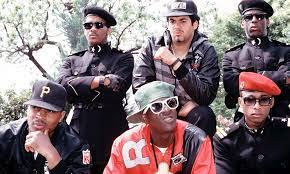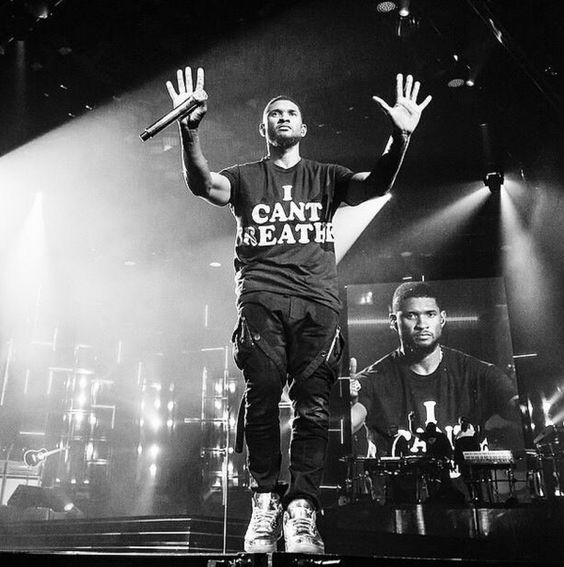Hip Hop as a Catalyst for Social and Political Change: The Power of Political Messaging in Music
- ppnhara08
- Jun 17, 2023
- 4 min read

Hip-hop music has long been a cultural phenomenon that has captured the attention of audiences around the world. From its origins in the South Bronx in the late 1970s, hip-hop has provided a voice for marginalized communities and has served as a platform for political and social commentary. This essay explores how hip-hop artists have used their music to address issues of race, inequality, and activism, and examines the impact their messages have had on audiences around the world. Hip-hop music is characterized by its fast beats, catchy rhymes, and often socially conscious lyrics. It has roots in African American and Latino culture, and it emerged in the South Bronx neighborhood of New York City in the early 1970s. Hip-hop quickly spread to other parts of the United States, and it eventually became a global phenomenon.
One of the most important elements of hip-hop music is the beat. Hip-hop beats are typically created using drum machines and synthesizers. They are often fast and energetic, and they can be used to create a variety of moods and atmospheres.
The lyrics of hip-hop songs are also very important. Hip-hop artists often use their lyrics to tell stories, express their emotions, and make social commentary. Hip-hop lyrics can be funny, sad, angry, or thought-provoking. They can also be used to raise awareness of important issues, such as racism, poverty, and police brutality.
Hip-hop music has had a major impact on mainstream music. Many popular artists, such as Beyoncé, Rihanna, and Drake, have incorporated hip-hop elements into their music. Hip-hop has also influenced the development of other genres of music, such as pop, rock, and electronic music.
One of the most powerful examples of how hip-hop has been used to address issues of social justice can be seen in the work of Public Enemy. The group emerged in the late 1980s with a series of albums that addressed issues such as police brutality, institutional racism, and the war on drugs. Their album "It Takes a Nation of Millions to Hold Us Back" (1988) became an anthem for a generation of young people who were disillusioned with the status quo and looking for a way to make their voices heard.

The song "Fight the Power," which was released in 1989 as part of the soundtrack to Spike Lee's film "Do the Right Thing," is perhaps the best example of Public Enemy's political messaging. The lyrics challenge the systemic oppression faced by black communities, and demand change from those in power:
"Our freedom of speech is freedom or death
We got to fight the powers that be"
Public Enemy's music not only provided a powerful critique of American society but also helped inspire a new generation of activists who sought to create a more equitable and just society.
Another important aspect of hip-hop’s political messaging is its ability to raise awareness about issues that might otherwise go unnoticed. Kendrick Lamar's album "To Pimp a Butterfly" (2015) is a prime example of this. The album addresses a range of social and political issues, including the prison industrial complex, police violence, and institutionalized racism. Lamar uses his platform to speak out against injustice and to highlight the experiences of marginalized communities.
One of the most powerful tracks on the album is "All Right," which has become an anthem for the Black Lives Matter movement. The song's chorus, "We gon' be all right," serves as a rallying cry for those who are fighting for racial justice:
"I'm at the preacher's door
My knees gettin' weak, and my gun might blow
But we gon' be all right"
The impact of Kendrick Lamar's music on audiences around the world cannot be overstated. His lyrics have helped raise awareness about important issues, and have inspired countless individuals to take action in their communities.
In addition to raising awareness about social and political issues, hip-hop has also served as a means for artists to express their own experiences with inequality and oppression. J. Cole's album "4 Your Eyez Only" (2016) reflects on the experiences of his childhood friends who were caught up in the criminal justice system. The album provides a nuanced exploration of the complex factors that contribute to the cycle of poverty and incarceration that affects so many black communities.
One of the most powerful tracks on the album is "Neighbours," which tells the story of how police raided Cole's studio because they believed he was running a drug operation:
"My neighbours think I'm sellin' dope, huh?
I'm tryna tell them that I ain't, but they don't know me yet"
The song highlights how black individuals are often criminalized and targeted by law enforcement, even when they are innocent.
In conclusion, hip-hop has been a powerful force for political and social change throughout its history. From Public Enemy's critique of American society to Kendrick Lamar's exploration of the prison industrial complex, hip-hop has provided a platform for artists to address issues of race, inequality, and activism through their music. The impact of these messages on audiences around the world has been significant, inspiring a new generation of activists and helping to create a more just and equitable society.





Highly insightful and informative